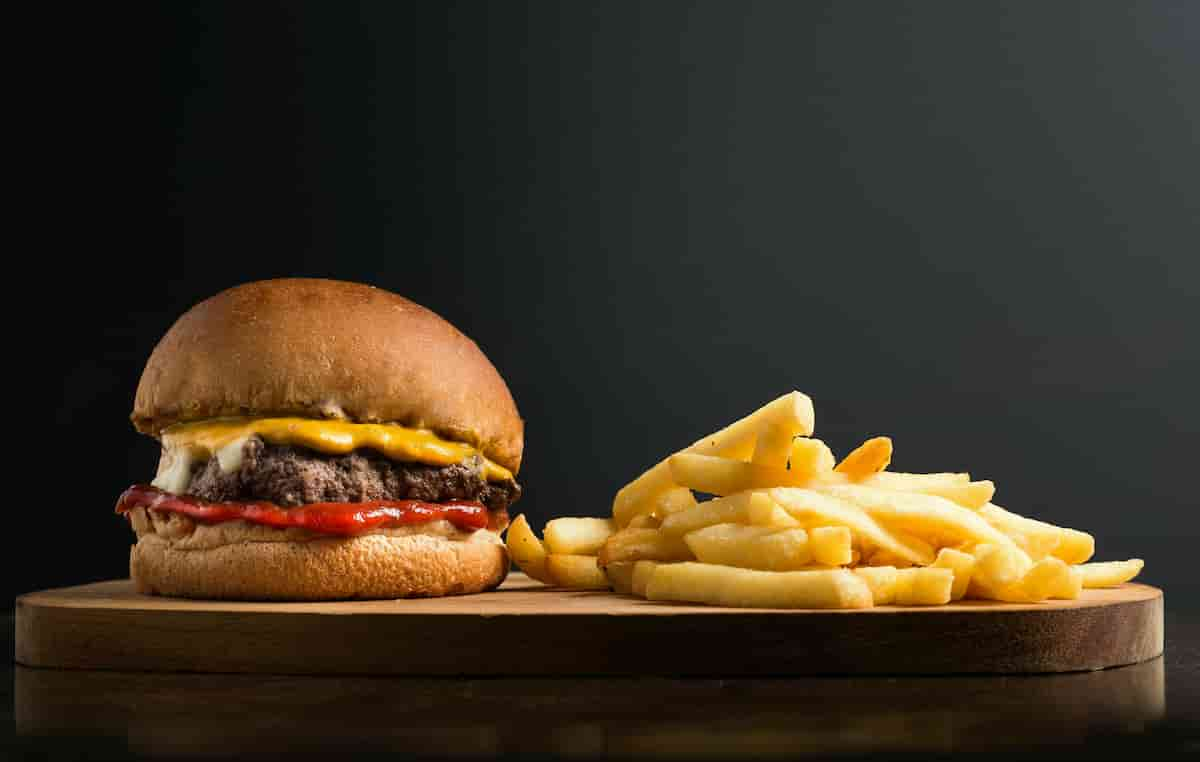Levels are typically lower in the body through the winter months in northern latitudes.
Depression symptoms like energy loss, concentration problems and lack of pleasure can be signs of vitamin D deficiency.
Around half of the world’s population is deficient in vitamin D.
Most people get their vitamin D from the action of sunlight on the skin.
That is why levels are typically lower in the body through the winter months in northern latitudes.
The study included 1,282 older people, some of whom were depressed.
The results showed that blood vitamin D levels were 14% lower in those with both minor and major depression.
The study’s authors write:
“Underlying causes of vitamin D deficiency such as less sun exposure as a result of decreased outdoor activity, different housing or clothing habits and decreased vitamin intake may be secondary to depression, but depression may also be the consequence of poor vitamin D status.
Moreover, poor vitamin D status causes an increase in serum parathyroid hormone levels.”
The scientists found that almost half the people in the study were deficient in vitamin D.
The authors write:
“…38.8 percent of men and 56.9 percent of women in our community-based cohort had an insufficient vitamin D status.”
Vitamin D is found in oily fish, egg yolks, fortified cereals and some margarine spreads.
Most people need around 10 micrograms per day, which can also be obtained from supplements.
The study was published in the journal Archives of General Psychiatry (Hoogendijk et al., 2008).









